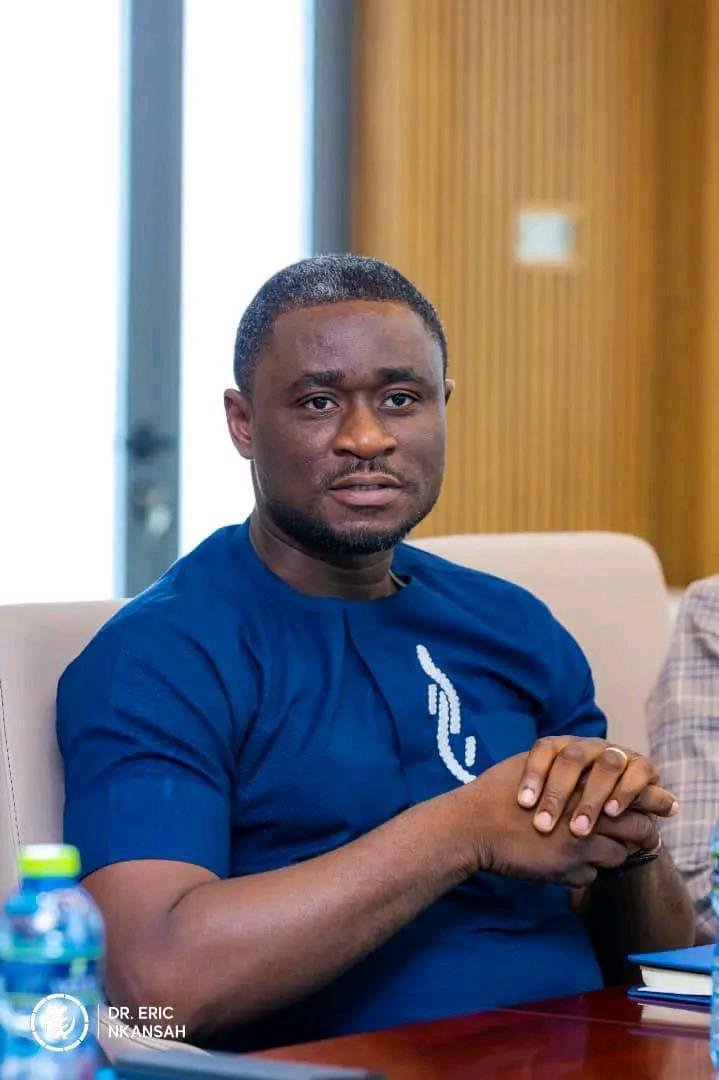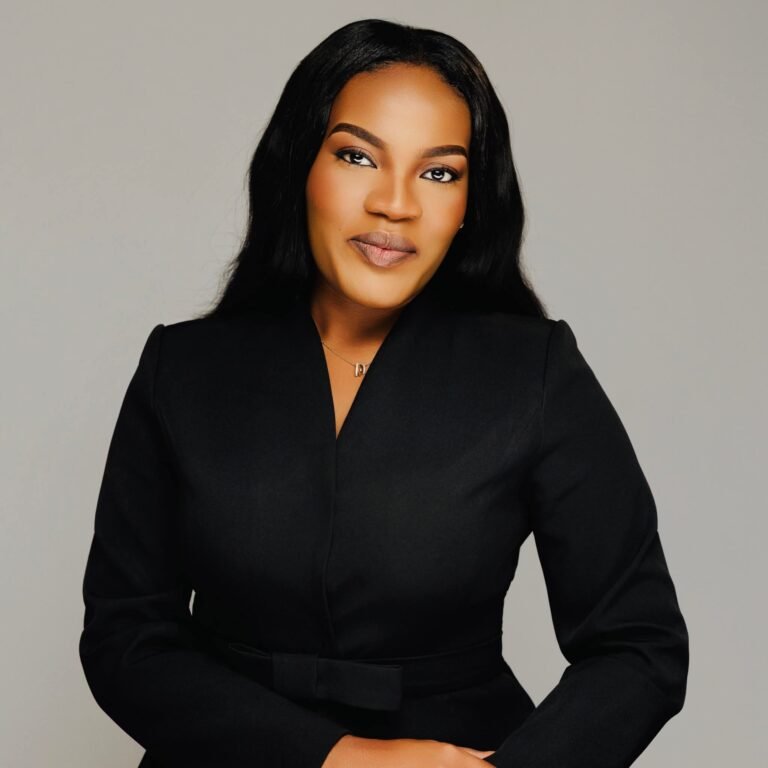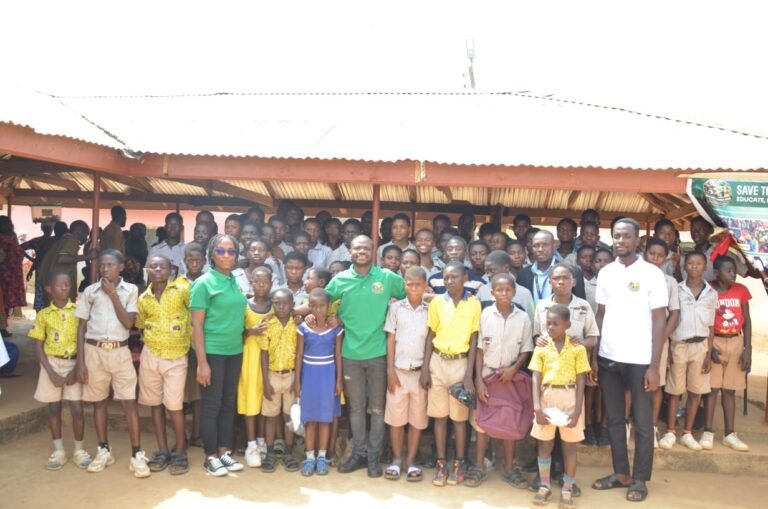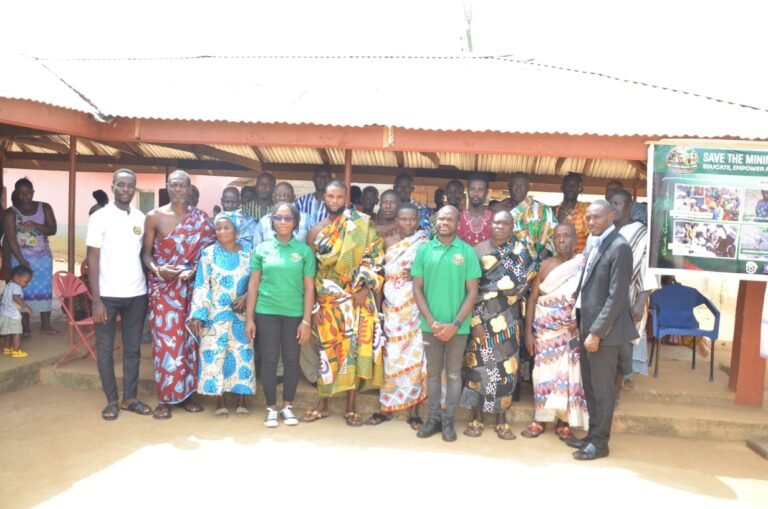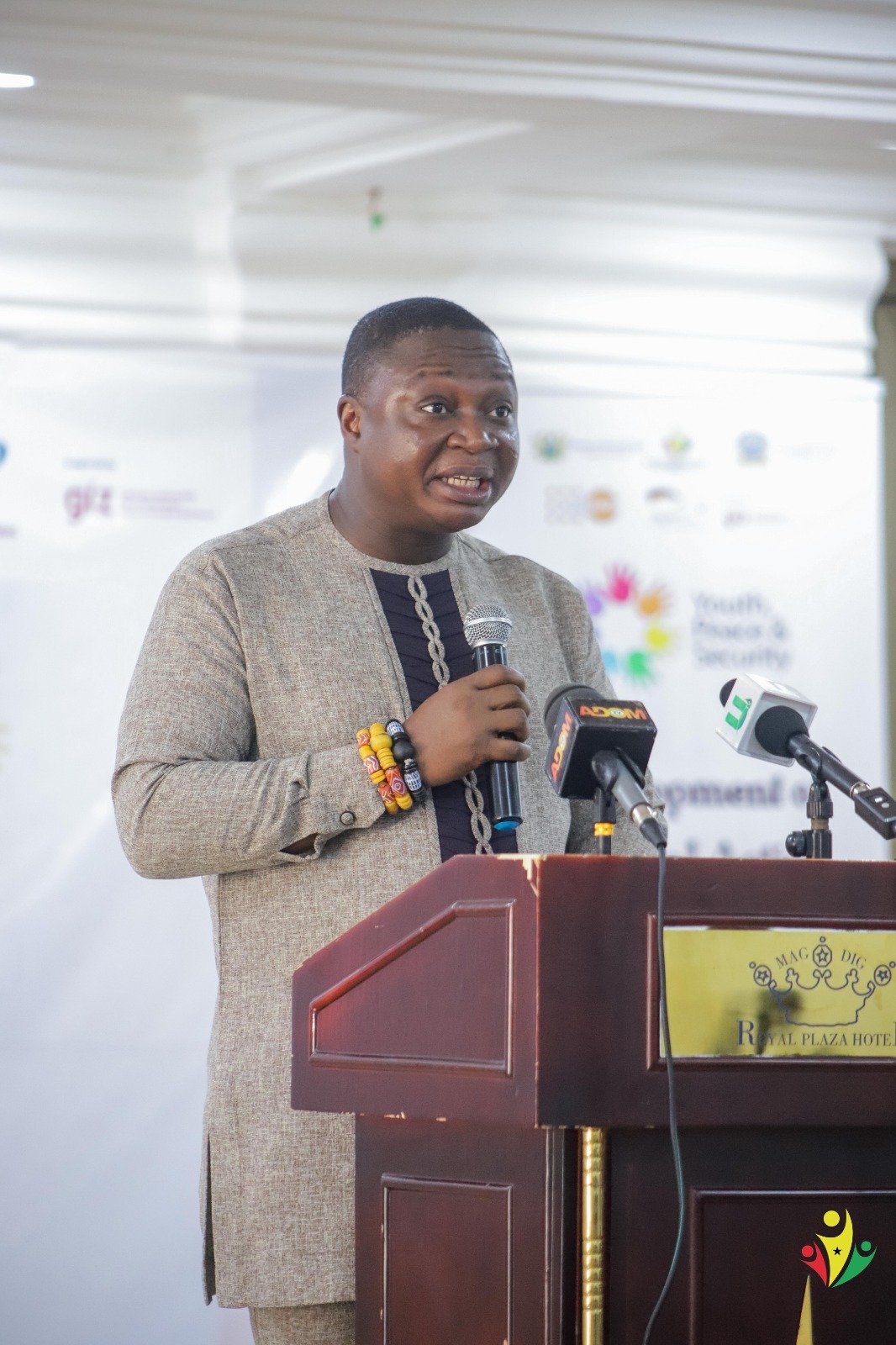
A 26-member technical working group on youth peace and security has commenced a crucial five-day seminar in Koforidua, aiming to formulate a comprehensive action plan to promote youth involvement in peace and security initiatives.
This strategic effort, which began on September 5, seeks to empower young Ghanaians to play a central role in conflict prevention and peacebuilding nationwide.
The seminar has attracted participants from various sectors, including representatives from government agencies, development partners, civil society organizations, political parties, religious groups, and youth organizations. With support from the United Nations Population Fund (UNFPA), the Kofi Annan International Peacekeeping Training Centre (KAIPTC), the German Agency for International Cooperation (GIZ), and the National Peace Council (NPC), the initiative marks a significant step in fostering a national dialogue on youth participation in peace and security.
The working group is co-chaired by KAIPTC and the National Youth Authority (NYA).
Beacon of democracy
Addressing the participants at the seminar, Nelson Owusu Ansah, Deputy Chief Executive Officer of the NYA, underscored Ghana’s historical reputation as a beacon of democracy and stability. However, he cautioned that the country, like many others, faces emerging challenges that threaten its peace and security, particularly in certain regions, and often disproportionately impact young people.
Mr. Owusu Ansah emphasized the need to address the unique concerns of the youth, citing the United Nations Security Council Resolution 2250, which advocates the inclusion of young people in decision-making processes related to peace and security.
He highlighted the government’s commitment to ensuring youth are not just participants but leaders in peacebuilding efforts, a resolve strengthened by subsequent UN resolutions, including Resolution 2419, which emphasizes the importance of youth involvement in sustaining peace.
“These global frameworks have inspired the development of Ghana’s own action plan, which will serve as a roadmap to integrate youth perspectives into the national peace and security agenda,” Mr. Owusu Ansah stated.
He also reminded Ghanaians that peace extends beyond the absence of conflict, encompassing justice, equality, and opportunities for all citizens.
Youth peace & security
Naana Eyiah Quansah, Deputy Minister of Interior, noted that youth peace and security became a prominent issue on the global stage following the adoption of UN Security Council Resolution 2250 in 2015. The resolution acknowledges the critical role young people play in maintaining international peace and security.
She further mentioned that subsequent UN resolutions, including Resolution 2419 (2018) and Resolution 2535 (2020), had expanded this agenda, providing a solid foundation for global and local efforts to engage youth in peace processes.
Madam Eyiah emphasized the importance of peace and security as twin pillars essential for sustainable development in Ghana. She stressed that peace was not only vital for countries with a history of conflict but was also crucial for the personal and political stability of nations like Ghana. She described peace as a long-term process of social change that requires the active involvement of all United Nations entities before, during, and after conflicts.
However, she warned of the serious security risks posed by any breaches of the nation’s peace, stressing the urgent need for a comprehensive and strategic plan to safeguard Ghana’s peace and security.

